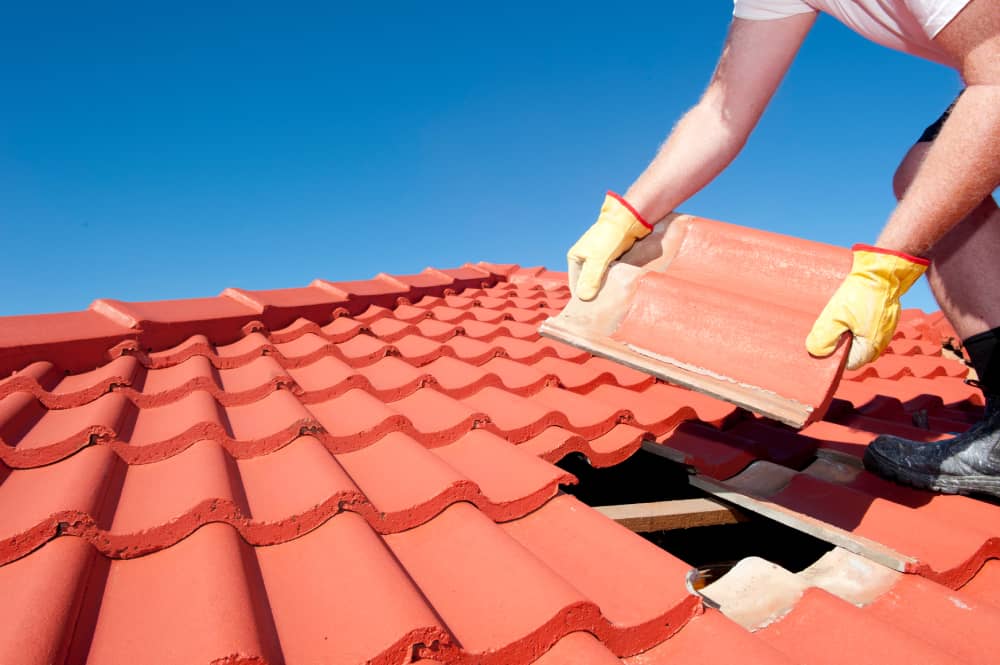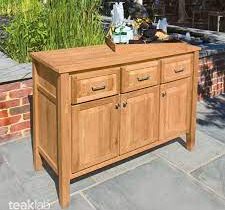Lack of proper insulation is one of the reasons households consume more energy. This is why home insulation is an excellent investment, regardless of its cost.
A completely insulated home has numerous long-term advantages, such as ensuring comfort in your home all year round and not only during the winter season. If you’re thinking twice about installing home insulation due to your budget, below are the benefits of insulating your home:
1. Keeps You More Comfortable
A well-insulated home can keep you comfortable year-round, which means you don’t have to worry about experiencing extreme temperatures. The reason behind this is that proper insulation keeps the cool and hot air consistent throughout your home. In fact, during the winter months, you won’t need to deal with cold and hot rooms.
Home insulation also reduces the risk of air leakage from cracks, doors, or windows. This is especially true if you consider wall insulation. If you want to know about other home insulation options you can consider, make sure to work with reliable service providers like Knauf Insulation.
2. Less Carbon Footprint
Some people don’t realize that consumption is directly related to carbon footprint, which is the amount of carbon dioxide emitted due to consuming fossil fuels. It’s also the reason global warming and climate change continue to exist.
To preserve the environment and protect the planet, one of your duties is to reduce your carbon footprint. This can be achieved by having a completely insulated home. With proper home insulation, your home will be more energy-efficient and use less energy than homes that aren’t insulated.
3. Low Energy Bills
Another benefit of a completely insulated home is reduced monthly energy bills. Insulation can help cut the cost of both cooling and heating by up to 40%. But it depends on some factors, including the type and size of your property.
To save electricity at home and get the lowest energy bills possible, improve the insulation on your walls, windows, and roof. Through this, your heating systems won’t work too hard to keep your indoor temperature comfortable.
4. Prevents Water Damage And Mold Issues
Condensation on your window frames may result in mold growth. This is especially true during the winter season when windows are exposed to warm air from indoors and cold air temperature outside. Your heating system may create warm air, mixing with moist and cool air in a poorly insulated space like your attic, which makes the environment ideal for mold growth.
Home insulation prevents this from happening. This is because it keeps the temperature consistent in every room all year round. Not only does insulation help improve your home’s structural integrity, but it also helps prevent expensive water damage that may result in major repairs in the long run. By preventing moisture and mold issues, you’ll enjoy savings over time.
5. Improves Your Home’s Value
Even if insulation requires a high upfront cost, it’s worth your investment since a well-insulated home will pay you back tenfold. Besides, whether or not you’re planning to sell your home, steadily increasing its value is always a good thing. So, if you’re thinking of other improvements you can do for your home to boost its value, you can never go wrong with upgrading your home insulation.
6. Avoid Heat Loss
Most homeowners find it challenging to retain the warmth their heating systems produce during the winter months. Since the temperature outside is colder than the inside, even your efficient system may lose its warm air. With a well-insulated home, you won’t need to worry about this. The reason behind it is that insulation guards your home against the cold air outside, keeping you and your family warm during colder seasons.
7. Lessens Noise Pollution
Most homeowners have no choice but to deal with noise pollution, which is a common problem once can’t completely avoid. However, once you decide to insulate your home, this can help reduce the sounds from the outside.
This doesn’t only make your home more valuable, but may also attract potential buyers once you decide to sell it later. Several buyers are willing to pay more for a well-insulated home compared to ones that aren’t insulated. Not only can insulation help boost your property’s marketability, but it also adds resale value.

Choosing The Right Insulation For Your Home
With the benefits of an insulated home, there’s no doubt most homeowners choose to invest in proper insulation. If you want to insulate your home to build an energy-efficient property, there are many kinds of insulation options to choose from, and these include the following:
- Foam Board Insulation – It can be made of polystyrene or polyiso. Usually, polystyrene has a low R-value, and polyiso has a better R-value but can be more expensive. This kind of insulation is perfect to use for basements, walls, or concrete foundations to minimize air leaks.
- Fiberglass Insulation – This is the least expensive and easiest to install. It comes in either pre-cut strips or big rolls, which can be blown in or pressed into place.
- Spray Foam Insulation – It expands as it dries to form a complete seal, reducing the infiltration of air drafts, heat, and humidity. It’s also the most effective type of insulation and should be installed by professionals.
- Cellulose Insulation – This is typically made from recycled materials treated with fire retardant chemicals or boric acid. It’s an eco-friendly choice and can resist mold, rodents, and insects. It’s also used in hard-to-reach areas.
Selecting the right one suited for your home can make a huge difference. Regardless of your choice, consider your budget, R-value, and durability of the insulation.
Basically, R-value or resistance value is the capability of the insulating material to resist heat. The higher the R-value, the better. Moreover, it’s essential to consider the safety and environmental friendliness of your preferred insulation material.
Conclusion
Home insulation can be expensive, but it’s worth the price. With a completely insulated home, you’ll be able to save on your energy bills, keep your home comfortable throughout the year, and improve the value of your property. Just make sure to choose the right and suitable insulation for your home and let the professionals perform the installation for you.















